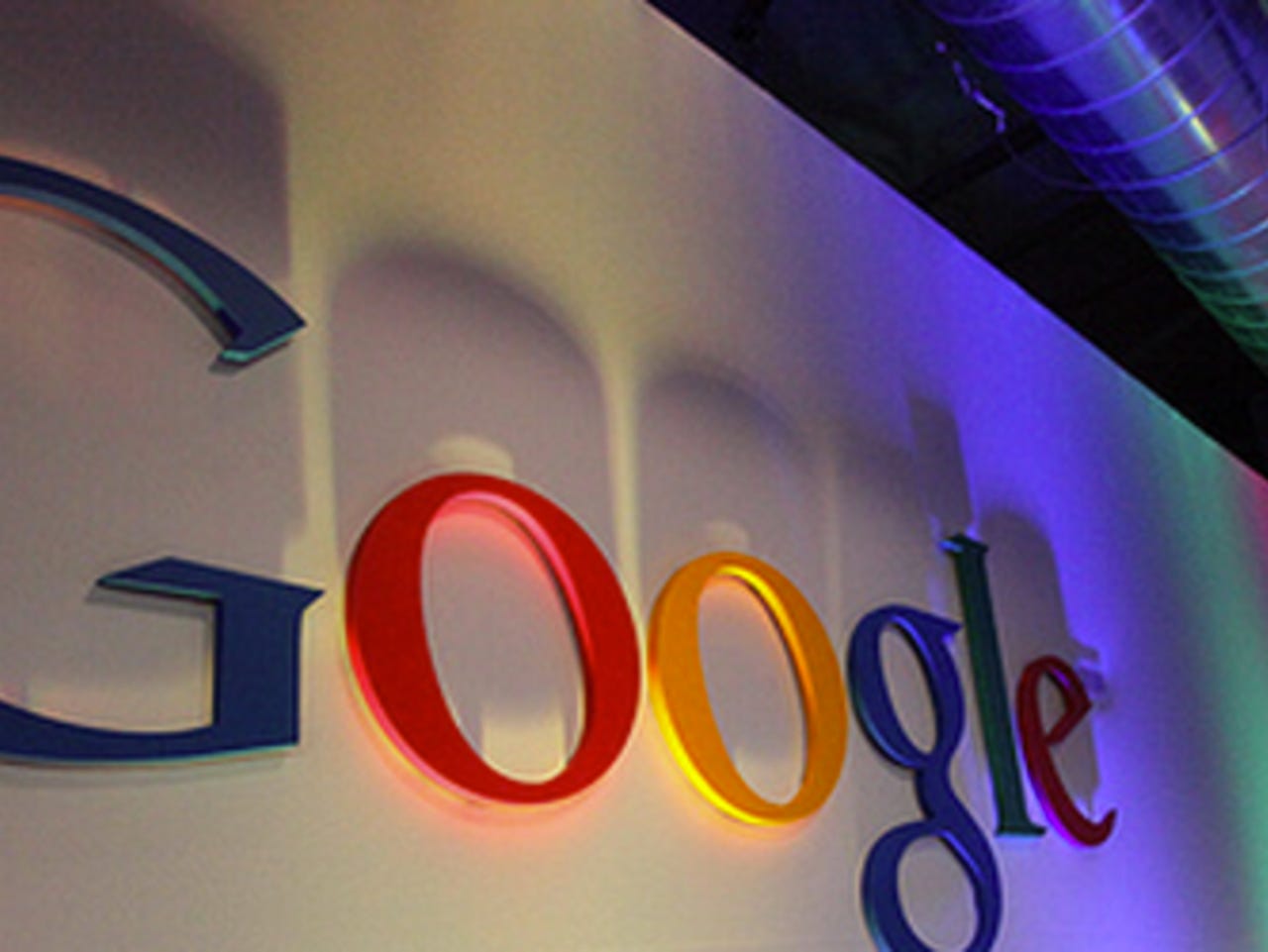Google: Expect faster page loads, better battery life from our Brotli ad squasher


Since Google announced compression algorithm Brotli two years ago, it's been adopted in Chrome, Edge, and Firefox.
Ahead of next year's Chrome ad-blocker release, Google has started compressing its own display ads with the Brotli compression algorithm.
Google says it is achieving data savings on its own display ads of 15 percent over gzip compression and in some cases saving over 40 percent. Not all display ads are compressed this way but Google is using Brotli "whenever possible" to deliver faster page loads and save on battery consumption.
"This reduces the amount of data sent to end users by tens of thousands of gigabytes every day," said Michael Burns, software engineer, Publisher Tagging & Ads Latency Team.
The search and ad giant announced Brotli two years ago as a faster successor to the Zopfli algorithm, featuring 20 to 26 percent better compression. Brotli has since been adopted in Chrome, Edge, and Firefox.
The expanded use of Brotli for its own ads comes as Google looks to clean up online advertising with a built-in ad-blocker for Chrome, which is due out in early 2018.
The Chrome "ad filter" will stop showing any ads, including Google's own, that don't comply with the Better Ads Standards for acceptable ads.
Google is also using Brotli to improve Accelerated Mobile Pages (AMP) that load from search results. As noted by VentureBeat, Brotli recently made a key contribution to even faster AMP pages by reducing the size of documents in browsers that support Brotli compression.
The last major hold-out to Brotli on the browser front is Apple's Safari for macOS and iOS.
Google said it hopes lighter ads that offer data and energy savings to users "will encourage wider adoption and will advance web standards such as Brotli compression".
The focus on faster page-loading and ads that are both well-behaving and lightweight will help protect Google's business model over the longer term.
More on Google and browsing
- Chrome 59 is out: Bug fixes, native macOS notifications, Windows 10 Action Center support in the works
- Browsing on Android? This new Firefox browser blocks ad trackers and boosts privacy
- Forcing Firefox 54, and saving web pages as single files
- Firefox 54 is out: 'Faster but no memory hog like Chrome'. So is it time to try it again?
- Get the most from Google Chrome with these tips and tricks
- Google tightens noose on HTTP: Chrome to stick 'Not secure' on pages with search fields